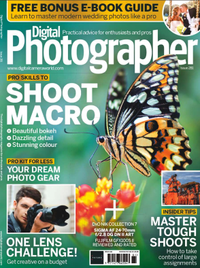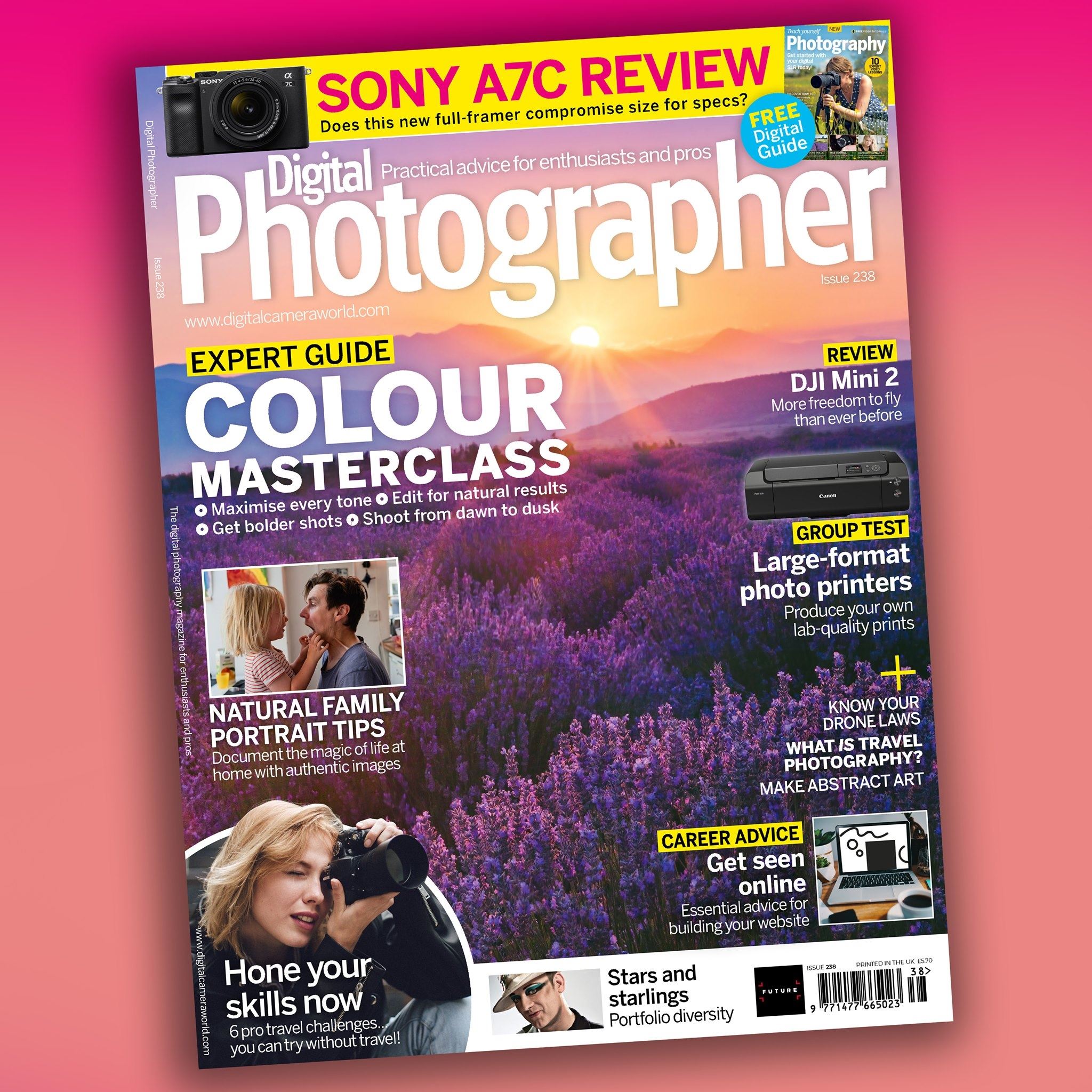"Experiment, work hard, expose yourself to all types of photography and your niche will find you"
Is having a niche necessary? With help from two pro photographers, Rebecca Greig explores the benefits of finding a unique selling point
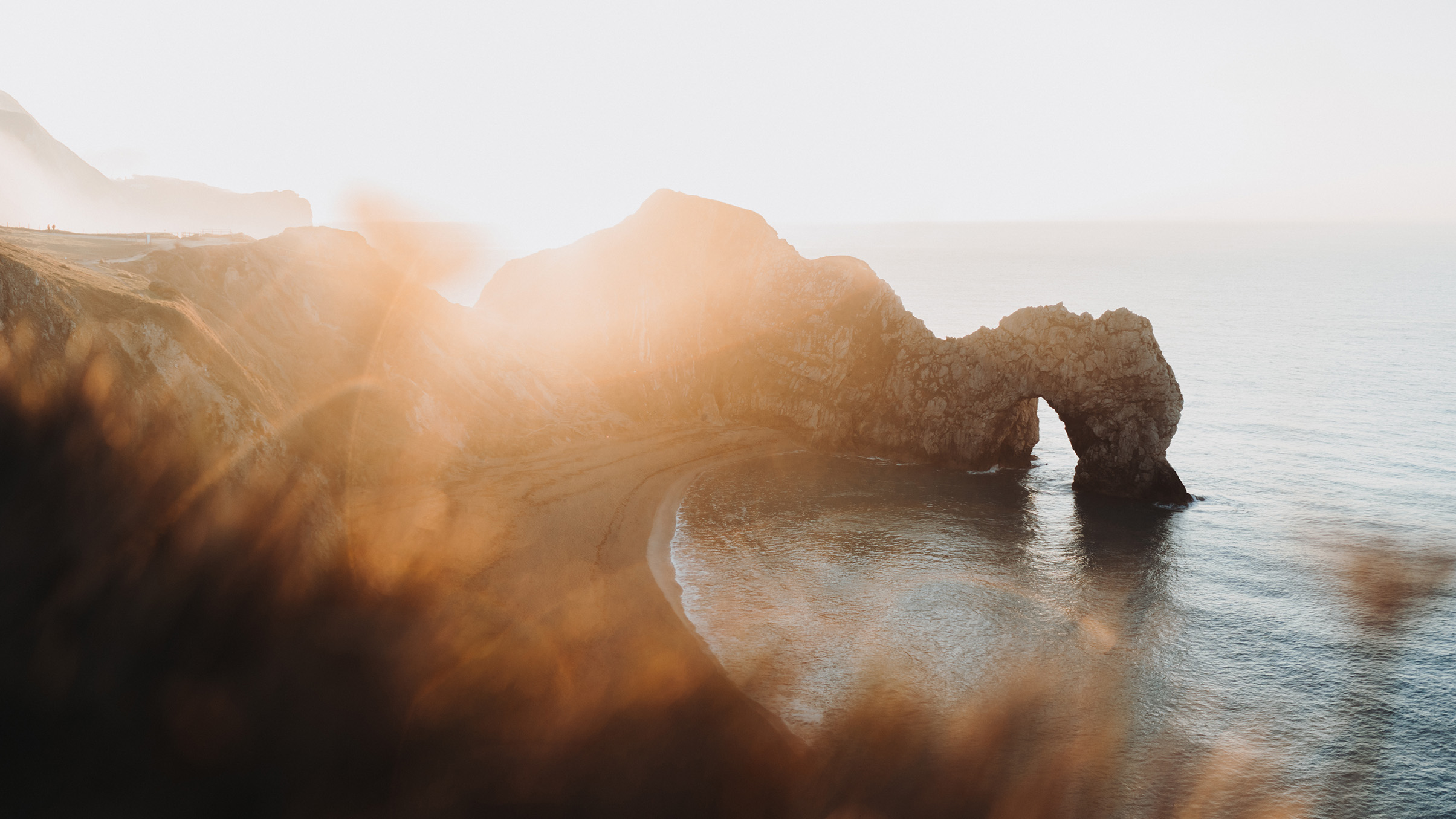
Most professional photographers are more than capable of taking high-quality pictures across a variety of genres and styles, so you might be thinking why not offer a bit of everything? However, trying to please everyone is often where things can go wrong. You can spread yourself too thinly, your portfolio might appear disjointed and your true skill and passion might seem to be diluted.
If you were going for a job interview as a wine sommelier, for example, you’d sell your knowledge of wine and highlight your skills in that specific area. You wouldn’t tell your prospective employer about every other alcoholic drink you’ve ever tasted in your life. In other words, you’d show off your niche skills and knowledge. So why should that be any different when selling your skills as a photographer?
Kate Hibberd, a photographer based in Dorset, UK, says, "I definitely see the difference between work I have taken on because I needed the income and projects that I have been excited for. The creativity is unleashed, you produce your best work and the theory that doors open other doors often proves true.
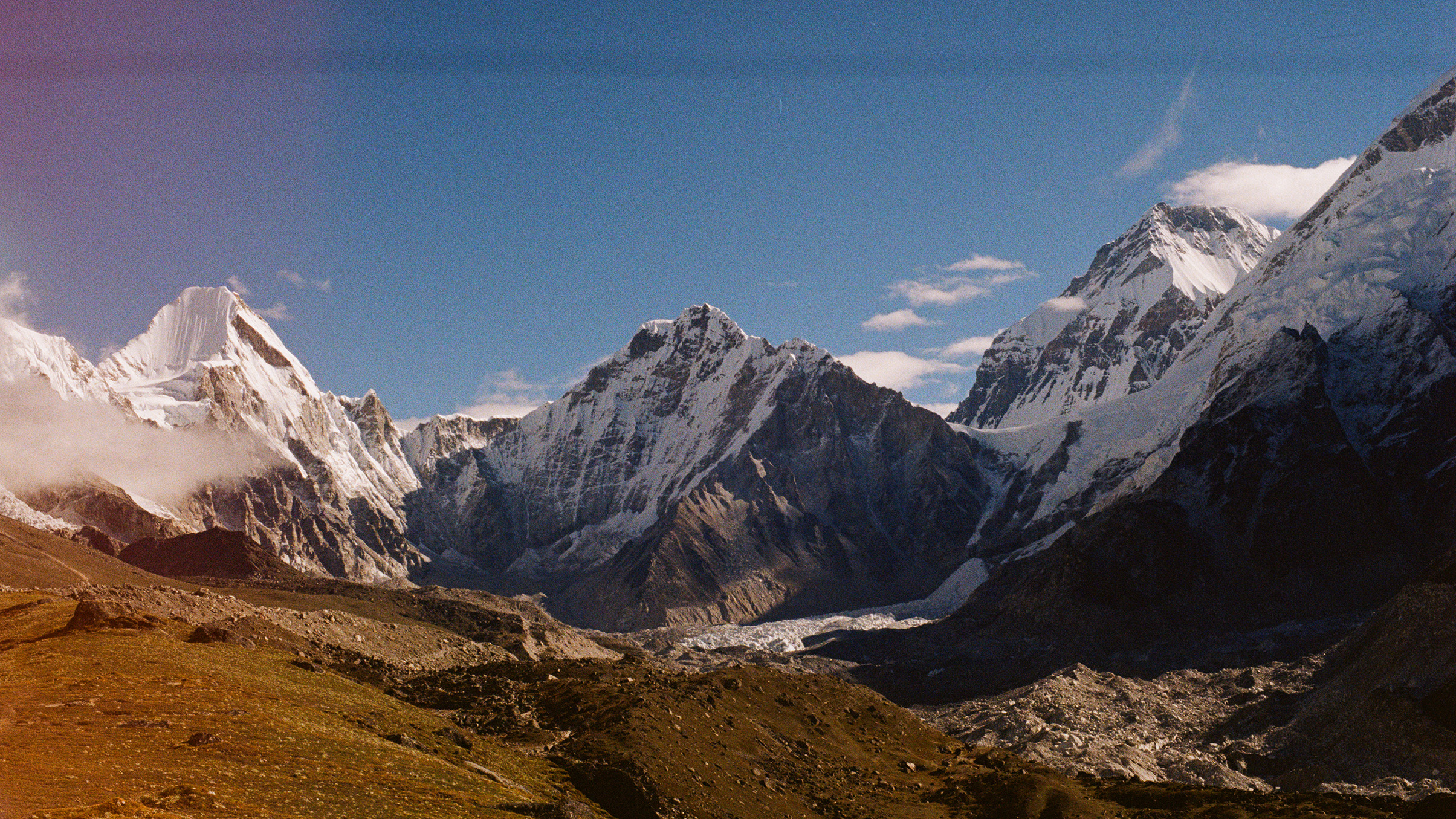
"Experiment, work hard, expose yourself to all types of photography and your niche will find you. You will grow as a photographer, quickly developing a key skill set for the genre and start earning the income you need to quit your day job."
Finding your niche will help you build a client base and establish yourself as a credible photographer, once you have found your feet then you will be able to stray away from your focus for the right clients if you want to. Something a little different to challenge yourself every so often will keep things exciting.
Photographer Ben Blight, also based in southern England, established himself in the industry as a motorcycle photographer and videographer. However, his work is evolving and although the subject matter may vary, the overall style of his captures has become his niche. "What has been crucial to me starting out, is being able to display effectively that, although I have a niche, my style and themes are transferable to other genres that new clients can use. That means I can reward myself both with satisfaction and business growth."
Find out what excites you
The best thing about working as an independent photographer is that you can choose your focus. Obviously, some genres of photography are more in demand than others and some genres are quite saturated so they will require you to work harder to be able to stand out. However, your passion and enjoyment of what you focus on will show in your work. Photographing something you enjoy is likely to encourage more creativity and experimentation and help you to stand out.
Get the Digital Camera World Newsletter
The best camera deals, reviews, product advice, and unmissable photography news, direct to your inbox!
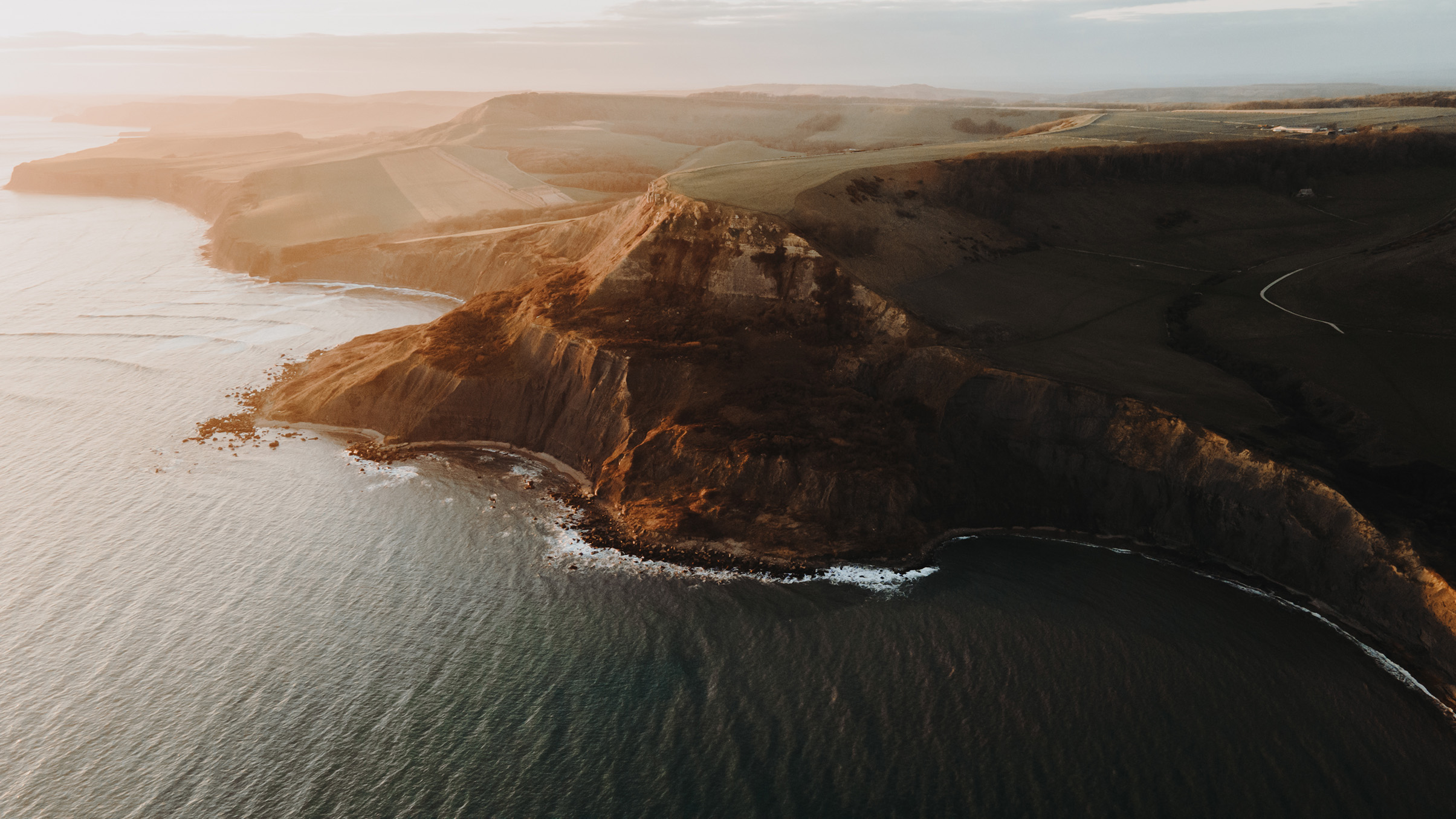
Decide on the clients you want
"The first years of a photography business can be difficult as you fine-tune this, some find it quickly within the first year or two of business, for others it can take longer," says Kate. "There are some lessons to learn, that is just the nature of putting yourself out there and stepping out of your comfort zone, but it always pays off. Finding the right clients will help you grow into the creative you want to be with the people you want to work with. And remember, it is always okay to say ‘no’ if you don’t think a client is the right fit for you."
Be clear about what you offer by using SEO to your advantage
You will attract the clients that you want if you are clear about what you offer and the genres you specialize in. It will also save you time overall as you won’t need to trawl through jobs that aren’t right for you and you don’t want to do. Knowing your niche will enable you to use the correct keywords on your website so that clients will find you more easily. For example, ‘south coast photographer’ is going to be the keyword for hundreds of photographers’ websites, but ‘south coast motorcycle photographer’ is going to start to narrow it down.
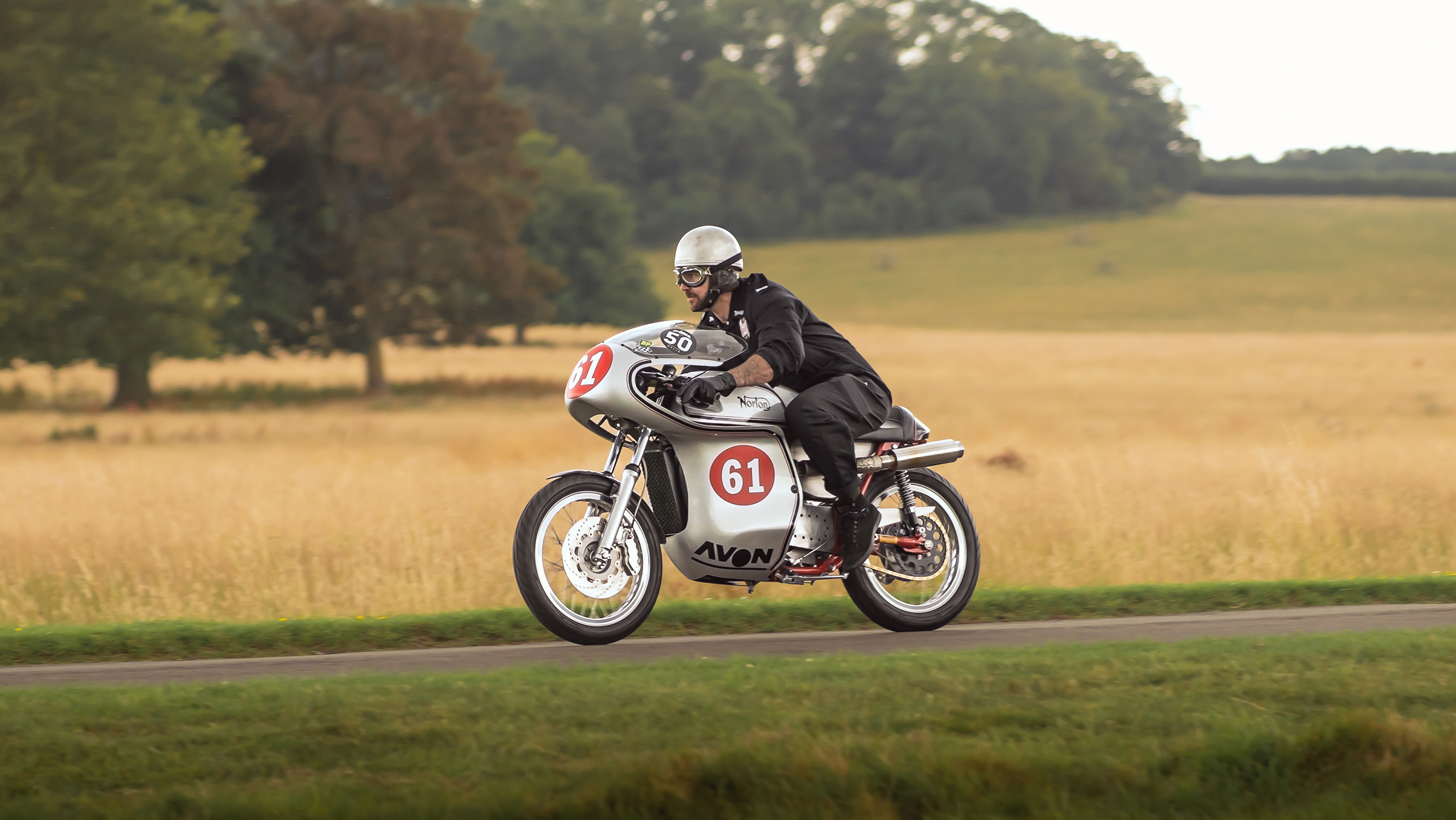
Make it work for you
Before committing to a genre, think about how it might affect your life. If you want to keep your weekends and evenings free for your personal or social life, then being a wedding photographer is not the job for you. Similarly, if you want to travel and be outside, then a focus on studio photography won’t be for you either. "There are hundreds of niches within the photography business and many are successful in more than one but, essentially, finding the niche for you and your work-life balance that can bring in the income you want is the key to longevity within a creative world," Kate says.
Change your portfolio to reflect your specialist genres
Your portfolio is the main way that prospective clients will find you, so make sure that it reflects your niche. Ensure your Instagram grid does not look disjointed, and that your website displays the absolute best of your work in your chosen field. Your portfolio needs to depict what you offer and what makes you the right person for the job.
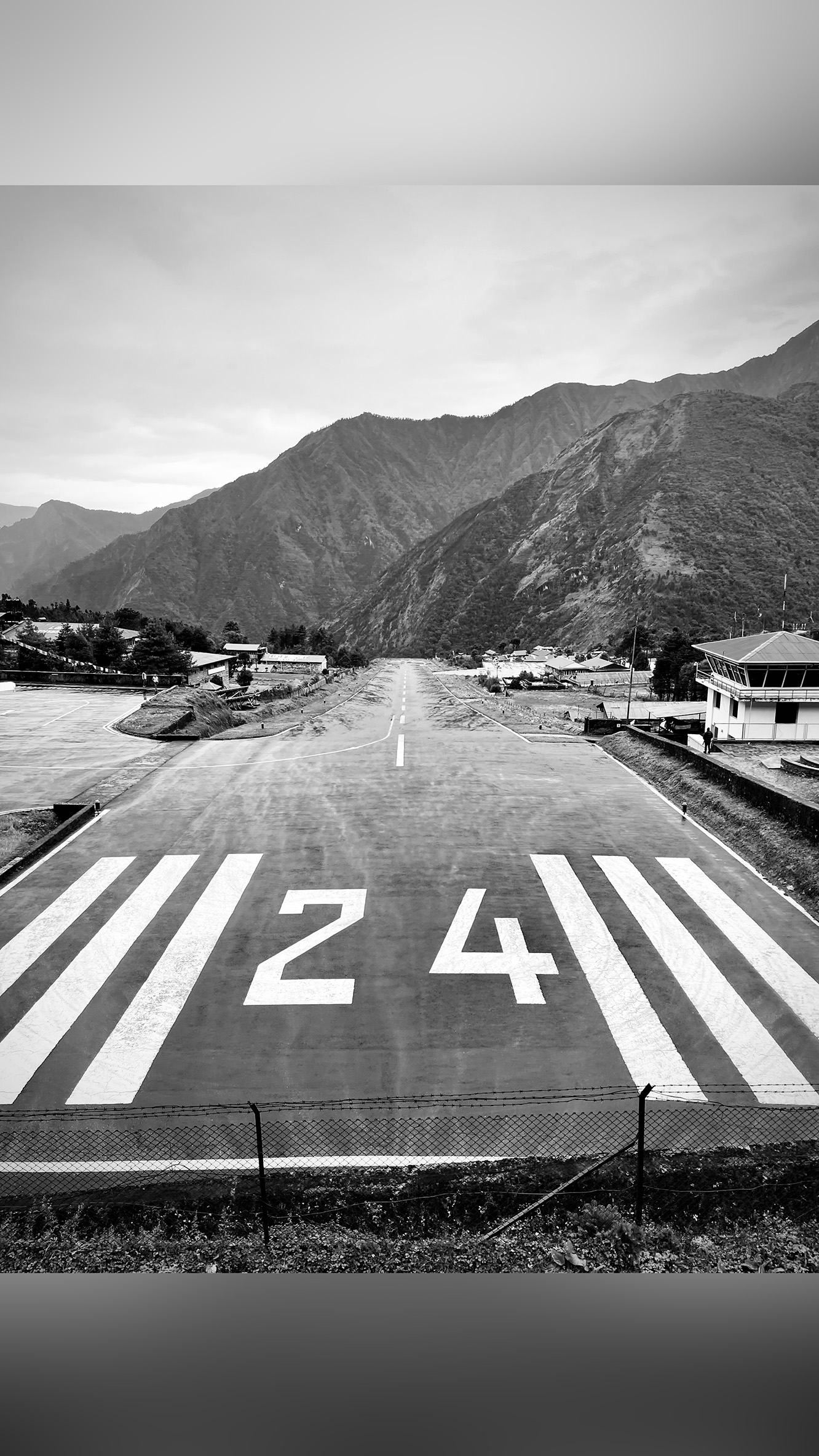
Catch up on our career features
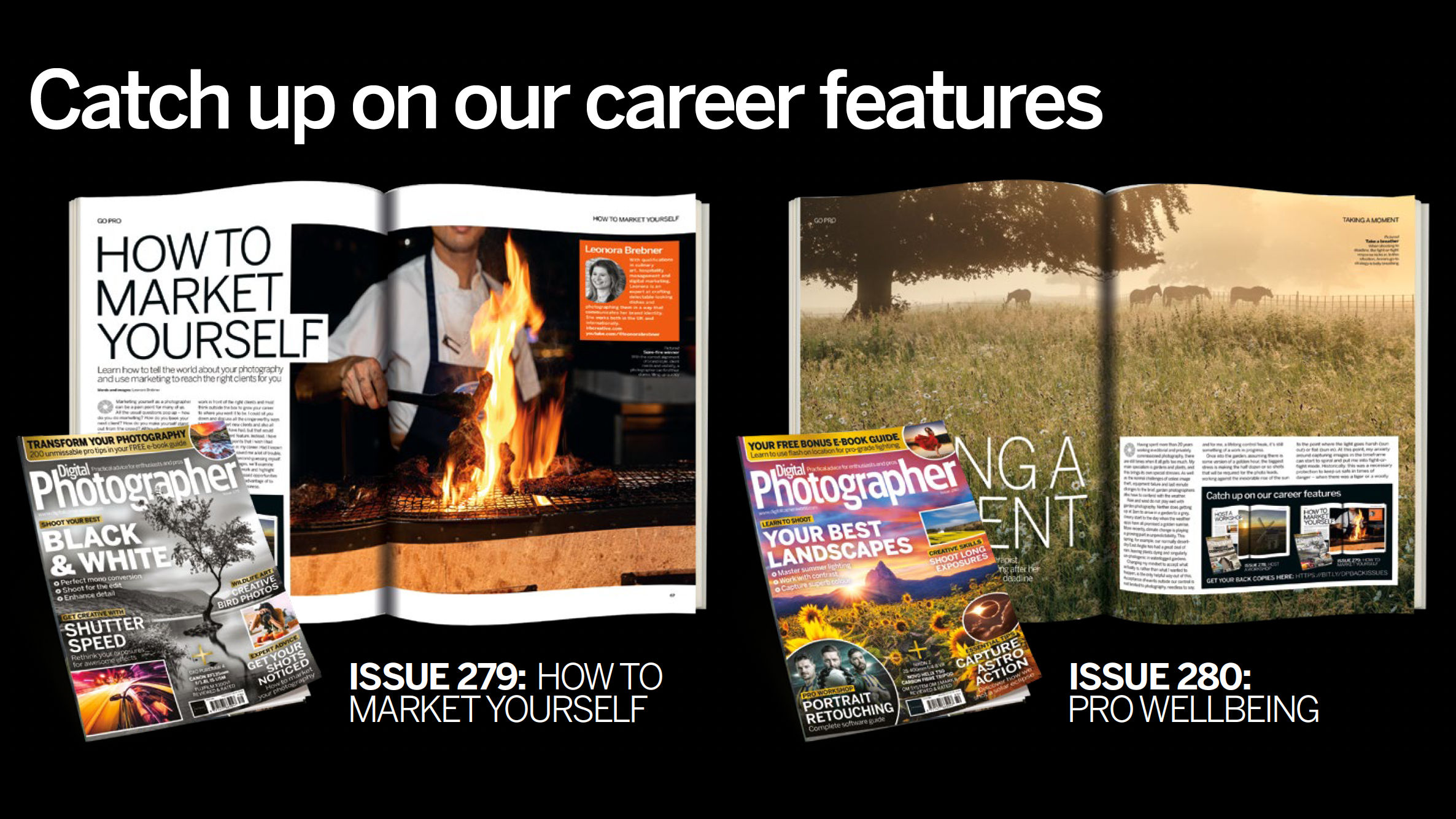
Digital Photographer magazine has regular features on professional photography and navigating the business side. Get your back issues here.
This article originally appeared in Digital Photographer, a monthly magazine, and the kitbag essential for pros, enthusiasts, and amateurs alike!
Inside, you'll find practical guides, shooting tips, and techniques from working photographers, plus all the latest industry news.
Digital Photographer is the ultimate monthly photography magazine for enthusiasts and pros in today’s digital marketplace.
Every issue readers are treated to interviews with leading expert photographers, cutting-edge imagery, practical shooting advice and the very latest high-end digital news and equipment reviews. The team includes seasoned journalists and passionate photographers such as the Editor Peter Fenech, who are well positioned to bring you authoritative reviews and tutorials on cameras, lenses, lighting, gimbals and more.
Whether you’re a part-time amateur or a full-time pro, Digital Photographer aims to challenge, motivate and inspire you to take your best shot and get the most out of your kit, whether you’re a hobbyist or a seasoned shooter.
